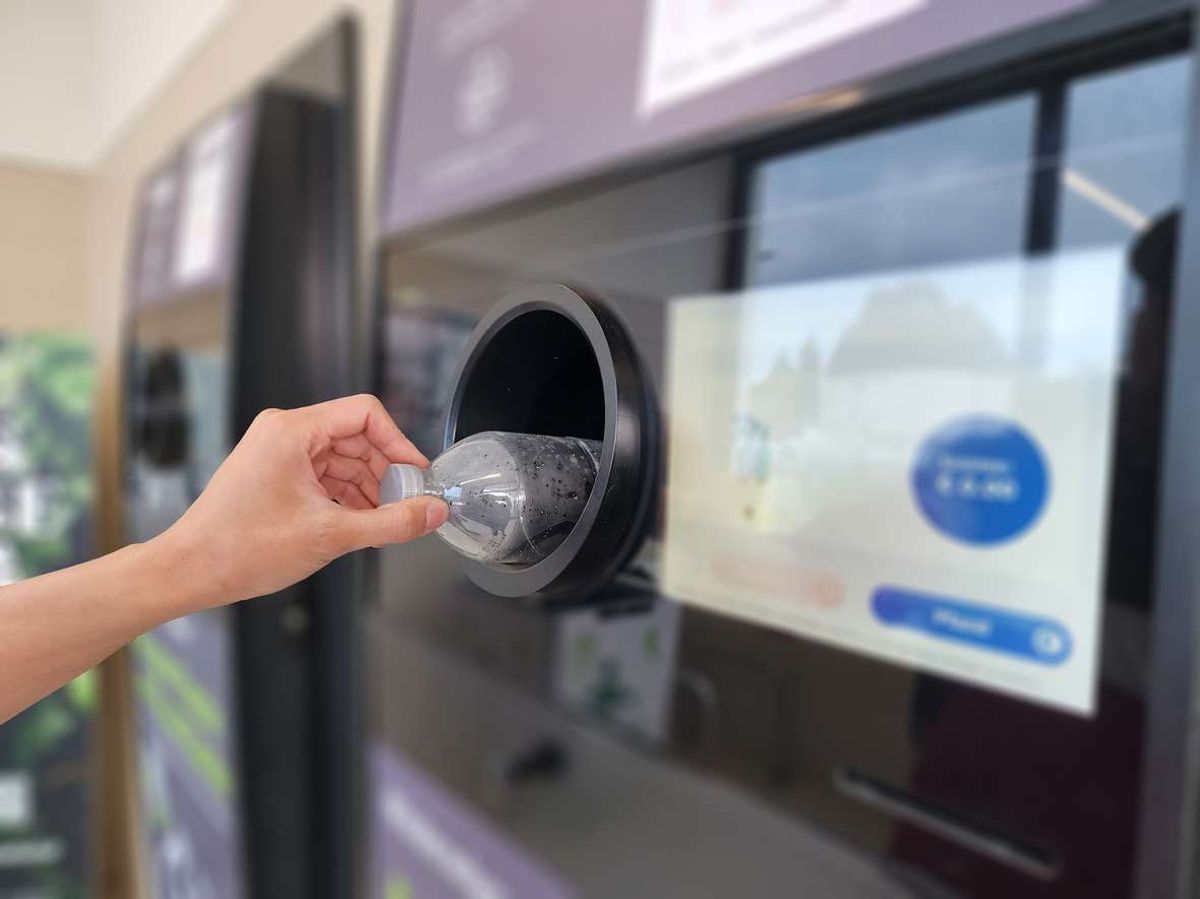A single UK-wide scheme deposit return scheme (DRS) would be far more successful, efficient and effective, retailer body the Federation of Independent Retailers (the Fed) has stated, expressing surprise and some concerns over Welsh government’s decision to press ahead with its own deposit return scheme for bottles and cans and not to join a UK-wide DRS.
The Fed’s National President Mo Razzaq has further warned that this decision by Wales - coupled with its intention to include glass in its scheme - would cause unnecessary confusion. He commented: “While we applaud Wales’s desire to make its deposit return scheme a success, we would prefer to see one single scheme for the UK.
“Interoperability across the UK is vital, so that anyone buying a drinks can in England will have the confidence that they can return it in Wales.”
Razzaq added, “A single UK-wide scheme would be far more successful, efficient and effective, enabling shoppers to understand and embrace DRS as quickly as possible.”
In a written statement yesterday, the Welsh government confirmed that it “was not able to proceed with the joint process.
It had always maintained that glass would be part of its deposit return scheme. Earlier this month, the UK government confirmed that it would not include glass in the scheme.
Deputy First Minister Huw Irranca-Davies, who has responsibility for climate change, confirmed Wales’s deposit return scheme “supports the transition to reuse for all drinks containers including those made from glass.”
Through DRS, consumers will pay an additional 20p when they purchase a drink in a single-use container. This is redeemed when they take the container back to a return point operator.
Razzaq added: “The Fed has always been very supportive of a UK-wide DRS as we believe it has huge potential to boost recycling and curb litter – two issues that impact on the environment and people’s quality of life.”
Welsh member Vince Malone added: “This is a concerning development, as Fed members believe a Welsh DRS scheme can only work effectively if it has a UK scale and is aligned with the rest of the country.”
According to Keep Britain Tidy’s National Litter Survey, by volume, drinks containers make up 75 per cent of the litter found on streets. Estimates suggest that more than eight billion drinks containers are wasted across the UK each year.


